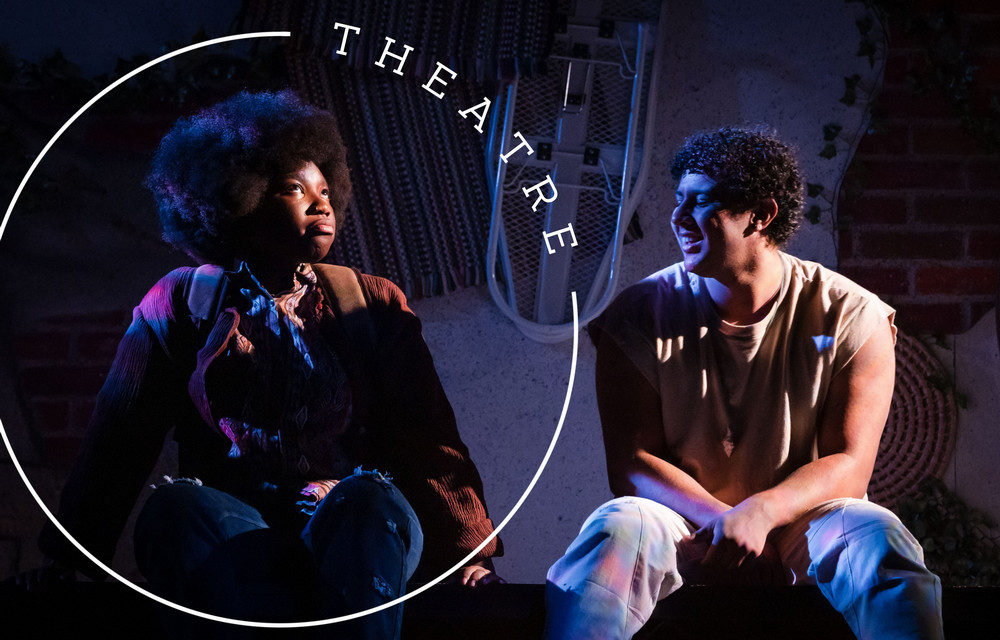
Overview
Our Bachelor of Arts in Theatre combines a liberal arts education with professionally-focused training.
We believe that theatre artists are makers, creators, devisers, designers, writers, leaders, activists, and entertainers. So, at the heart of our program is the belief that every student should be given the training and resources they need to realize a unique vision for their life, education, and creative work.
Our major is the place to train intensively as an actor; join an entirely student-produced, designed, and directed Studio Theatre; write, devise, and produce your own work; train as a designer using state-of-the-art technology; and develop a scholarly understanding of culture and art. Students are admitted to the major based on an audition or interview, or what we call our “gateway” process; and graduates enjoy an excellent record of placement in jobs at professional theatres on Broadway and off-Broadway, in film and television, and as teachers,
Faculty are distinguished for their professional accomplishment and student-centered teaching.
Opportunities
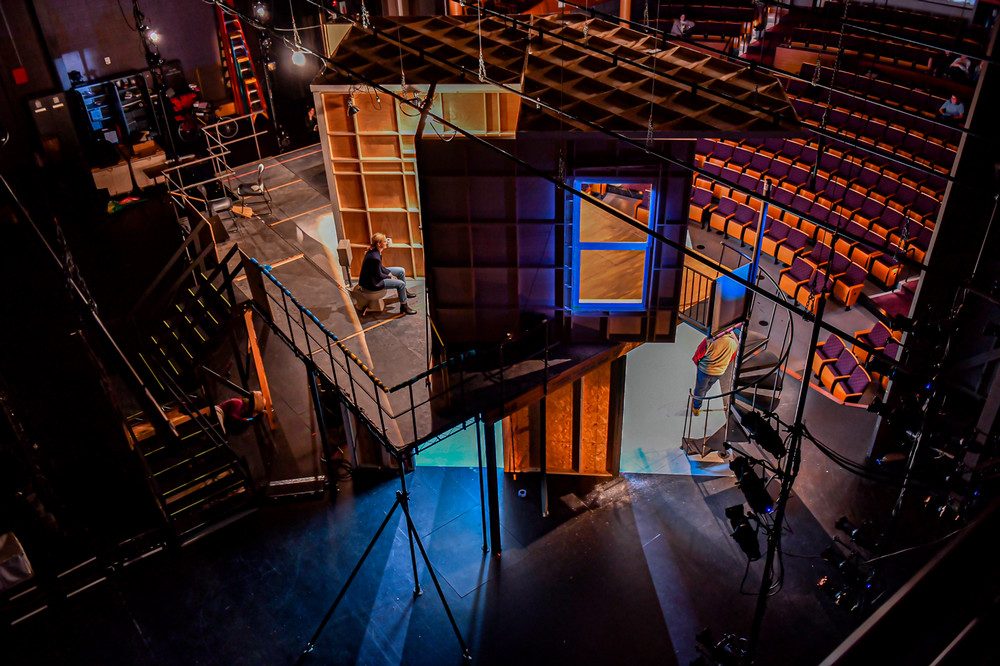
Our theatre program is brimming with projects and opportunities. Each year we produce 3 plays on our mainstage; 5 – 8 student produced full-length plays or devised work in the Studio Theatre; and 3 – 8 staged readings of original student work in our Workshop season. And because we focus exclusively on undergraduate education, you won’t be competing with graduate students for resources. Our students are politically active, frequent participants in various study abroad programs and professional internships, and regular creators of independent projects, including films, performances, and events in and outside of the School of Theatre and Dance.
Concentrations
PERFORMANCE
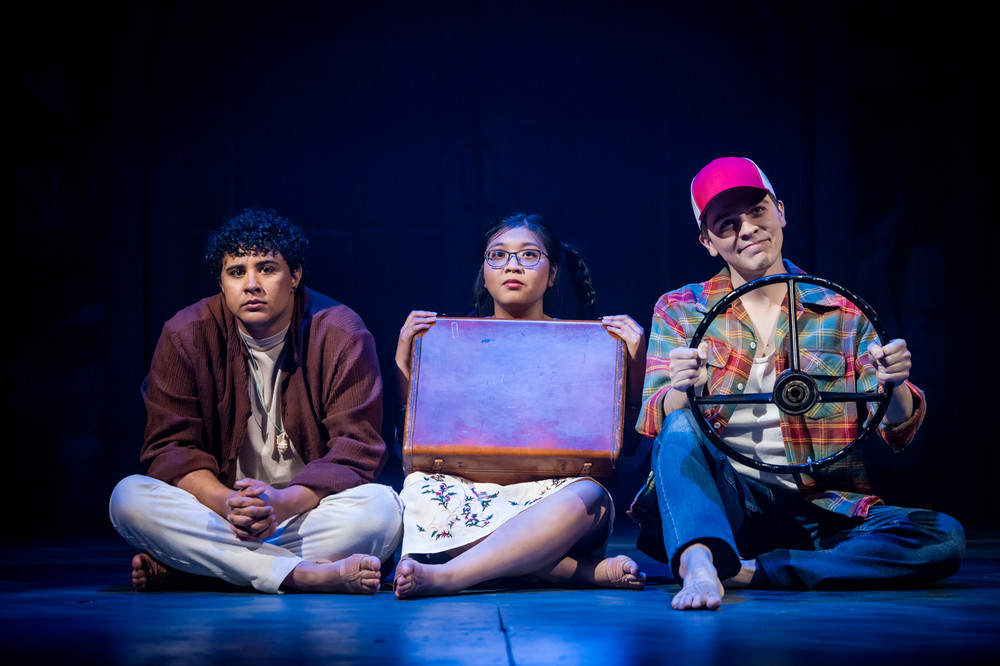 The Performance Concentration provides a course of study which includes acting, voice, movement, and specific styles such as comedy and Shakespeare.
The Performance Concentration provides a course of study which includes acting, voice, movement, and specific styles such as comedy and Shakespeare.
DESIGN & TECHNOLOGY
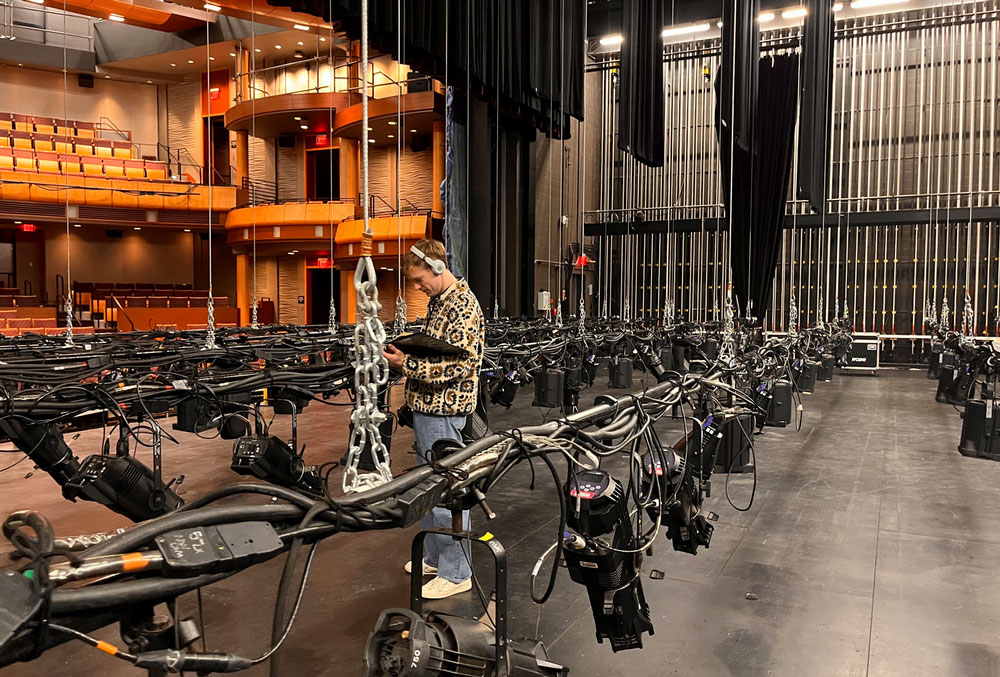 The Design & Technology Concentration provides hands-on training and experience through classes and design opportunities in the Studio and Mainstage Season.
The Design & Technology Concentration provides hands-on training and experience through classes and design opportunities in the Studio and Mainstage Season.
THEATRE EDUCATION
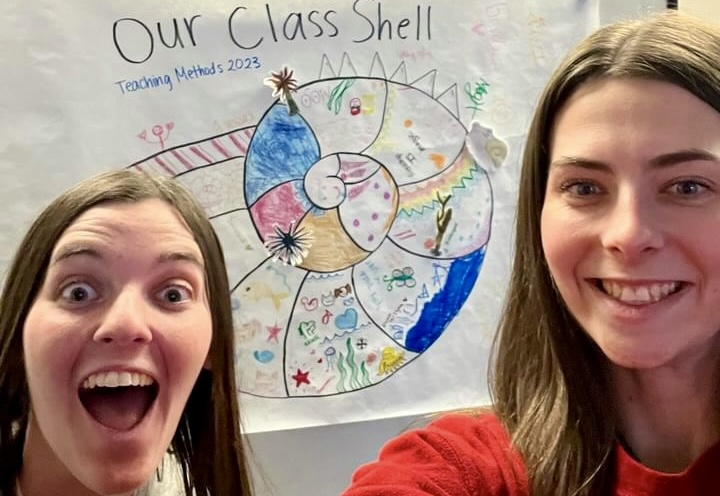 The Theatre Education Concentration focuses on drama and theatre for youth in schools and communities. Theatre education is a space where we build a community for learning, engage in purposeful play, ask critical questions, and use the tools of theatre to communicate and express complex ideas. JMU considers a theatre teacher as both an artist and an educator and the Theatre Education Concentration at JMU prepares individuals for K-12 licensure or teaching artistry.
The Theatre Education Concentration focuses on drama and theatre for youth in schools and communities. Theatre education is a space where we build a community for learning, engage in purposeful play, ask critical questions, and use the tools of theatre to communicate and express complex ideas. JMU considers a theatre teacher as both an artist and an educator and the Theatre Education Concentration at JMU prepares individuals for K-12 licensure or teaching artistry.
K-12 Theatre Licensure
Theatre education is a space where we build a community for learning together, engage in purposeful play, ask critical questions, and use the tools of theatre to communicate and express complex ideas. JMU considers a theatre teacher as both an artist and an educator and the Theatre Education Concentration at JMU prepares individuals for a variety of opportunities within the field.
The theatre education program includes strong content preparation for teaching in schools and communities, including: drama education, theatre education, arts integration, teaching artistry, and youth theatre. The program promotes graduates who are: 1) culturally responsive practitioners; 2) professional drama/theatre educators; 3) articulate arts education advocates; and 4) reflective artists, teaching artists, and educators. The program supports the National Core Art Standards and the Virginia Standards of Learning for Theatre Arts.
The Theatre Education Concentration is only open to theatre majors through an interview process (as an incoming freshman, transfer student, or current theatre major). Students in the the Theatre Education Concentration complete the theatre major requirements, the required professional education courses, a school practicum placement, and two eight-week blocks of student teaching. Students complete licensure requirements simultaneously with their degree requirements.

